BARLEY BUY-IN
Held in late July of 2019, the Made in Canada Crop Tour was conducted with the co-operation of four industry groups to help create just such barley buy in.
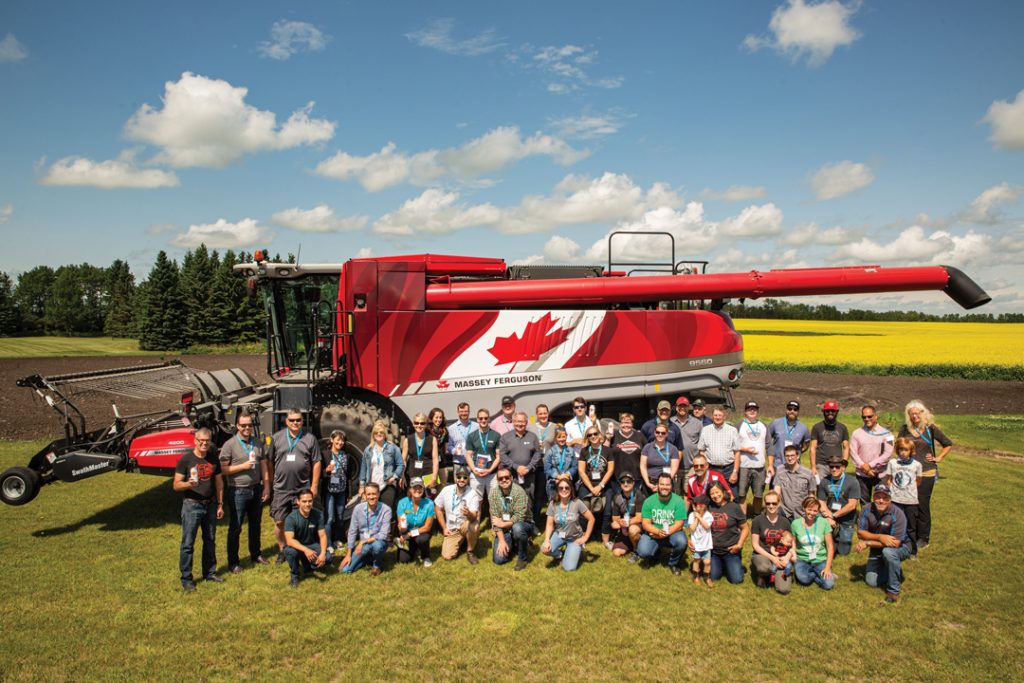
Held in late July of 2019, the Made in Canada Crop Tour was conducted with the co-operation of four industry groups to help create just such barley buy in.
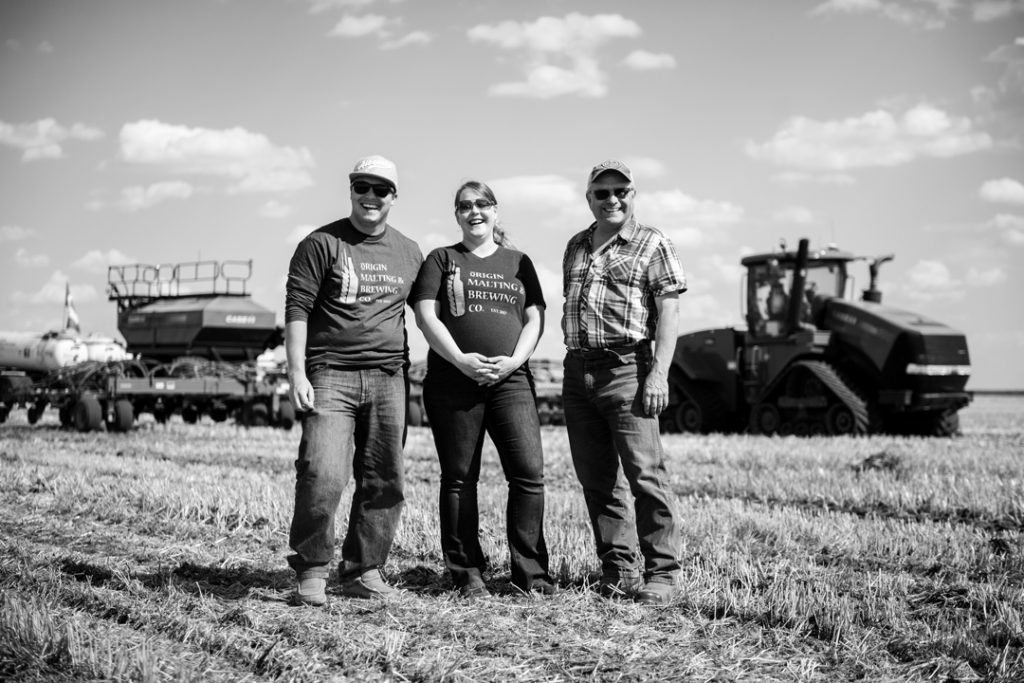
Encompassing land in the Calgary, Strathmore and Drumheller areas, the multi-generational Hilton Ventures grain farm produces high-quality malting barley, and family members operate Origin Malting and Brewing.
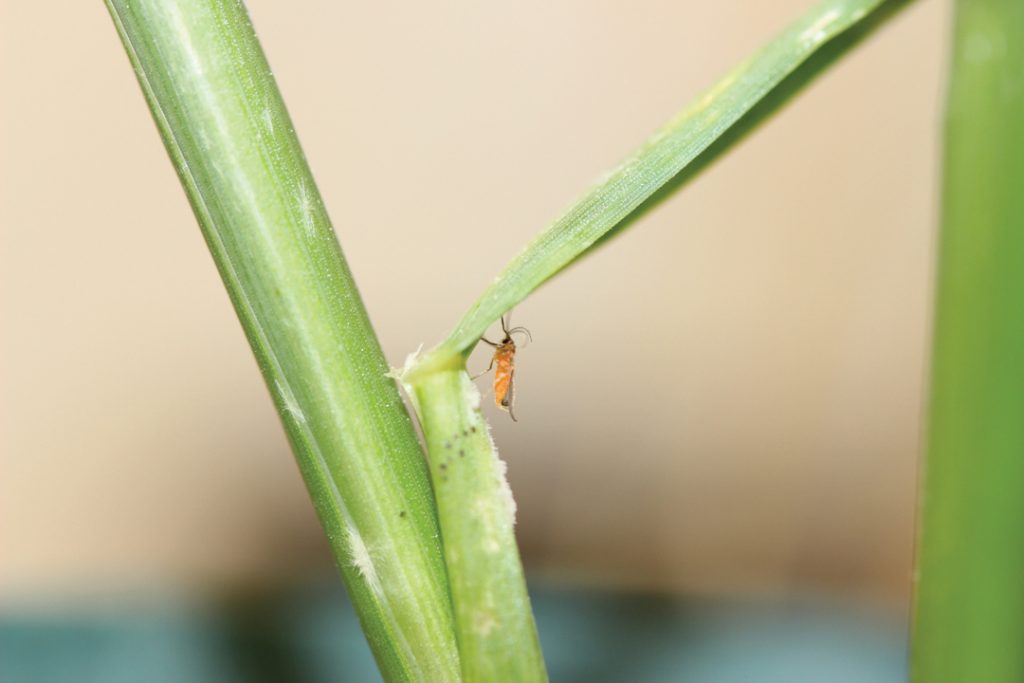
The orange blossom wheat midge is a delicate, bright-orange fly. It’s half the size of a mosquito. Yet these little flies have been known to cause yield loss of more than 50 per cent in Alberta’s wheat fields.
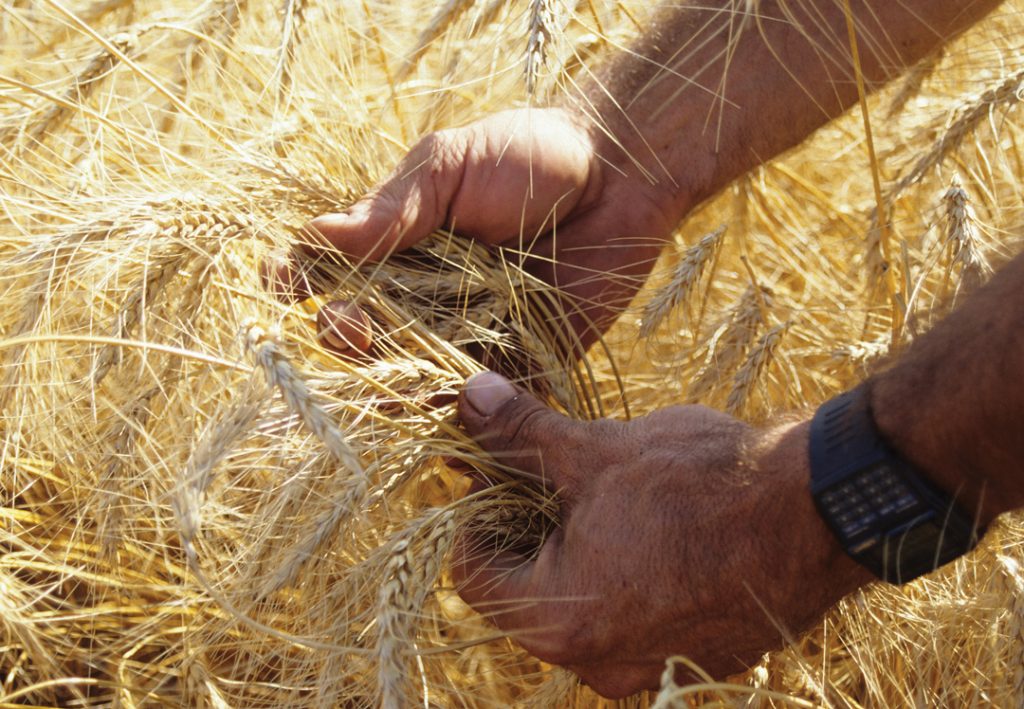
Farmer interest in various crops heats up and cools down from year to year. One crop that consistently gets the cold shoulder, however, is winter wheat. This has prompted some to ask why, and how can we break the ice in making winter wheat a hot commodity.
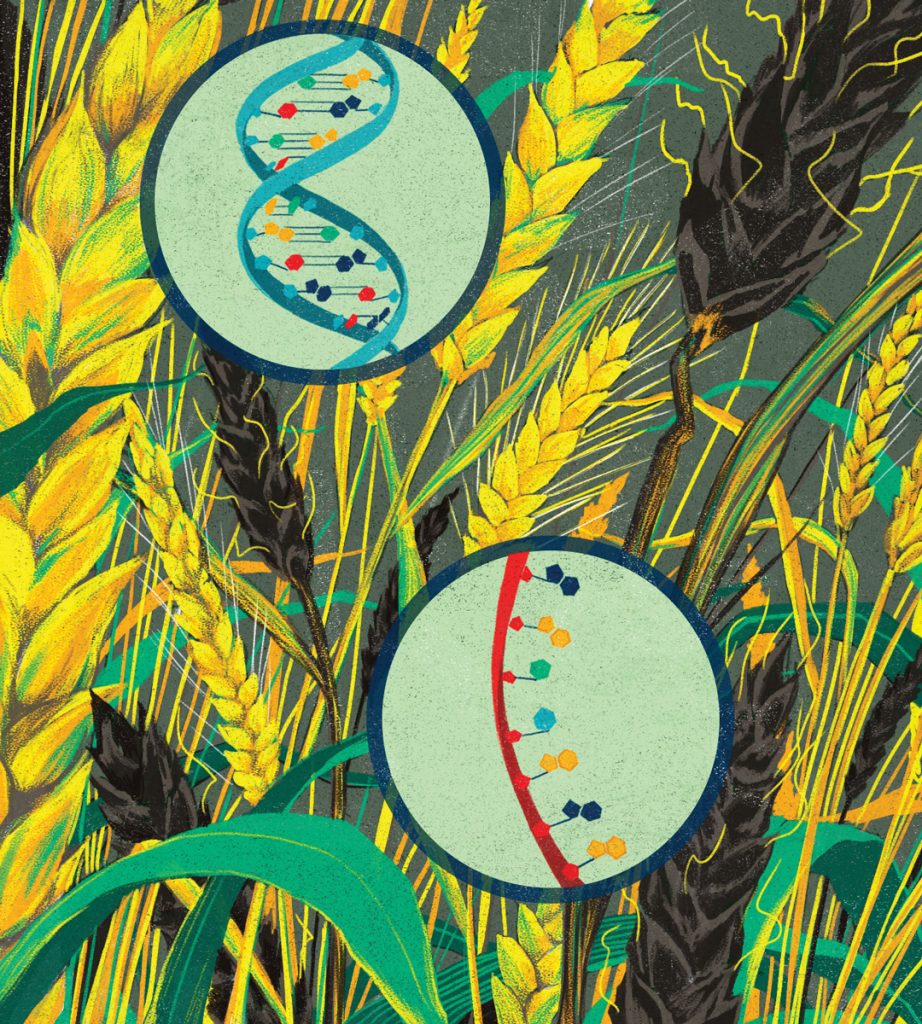
Research proposals involving ribonucleic acid interference (RNAi) began to cross Lauren Comin’s desk three years ago. Since then, the gene-inhibiting technology has developed a revolutionary aura as a potential next big thing in crop protection.
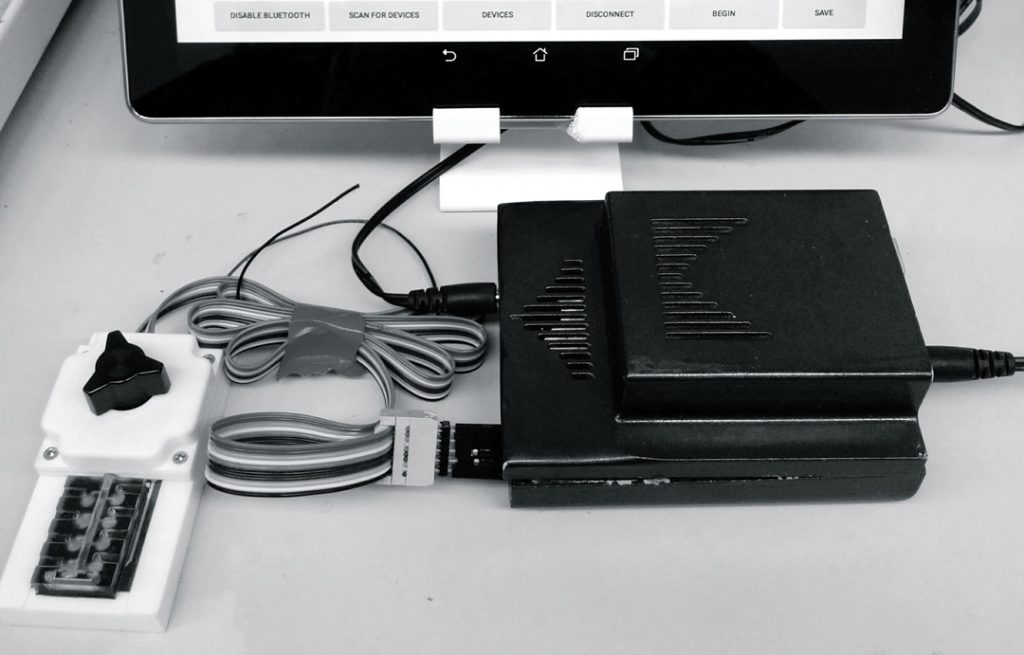
Two projects funded in part by the Alberta Wheat Commission (AWC) and Alberta Barley are among a number studying the use of airborne disease spore collection devices—generally known as biosensors.
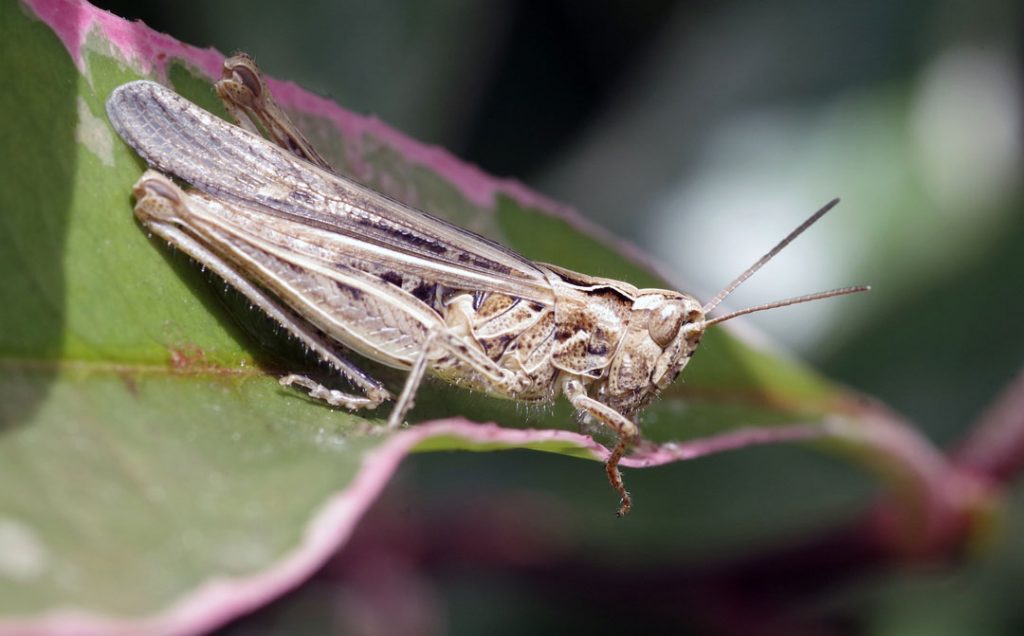
Meghan Vankosky is a field crop entomologist with Agriculture and Agri-Food Canada at the Saskatoon Research and Development Centre.
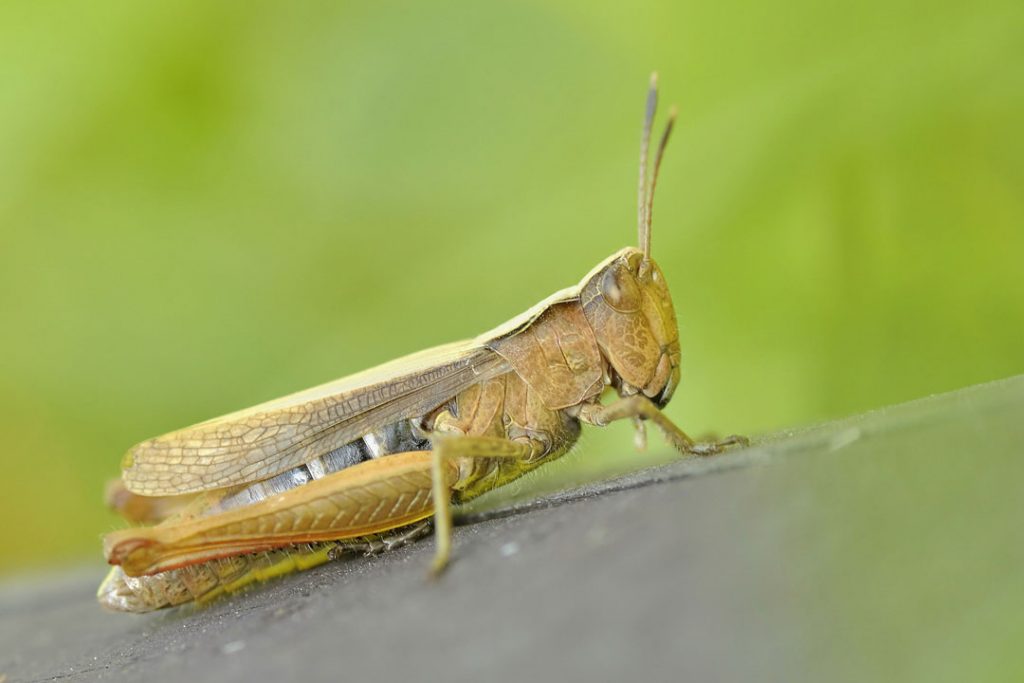
Grasshoppers are known to inhabit areas that receive less than 700 millimetres of rainfall per year, which includes Alberta.
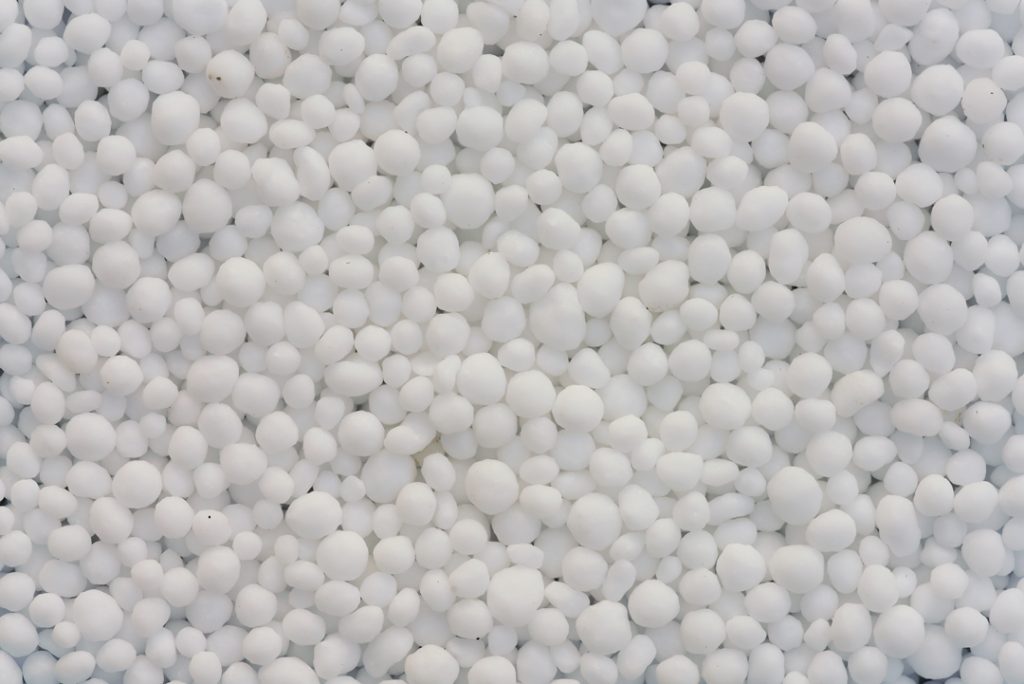
While the price of fertilizer isn’t expected to go crazy in 2019, market observers say it’s likely to continue trending upward.
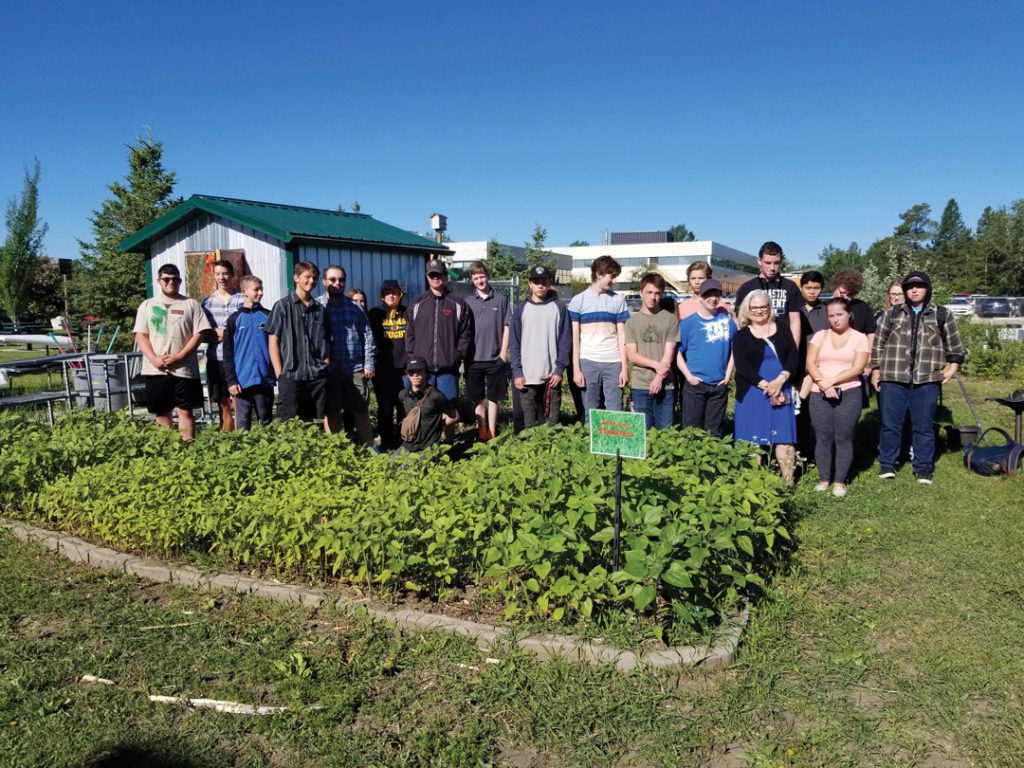
Though we couldn’t survive without it, soil is often treated like, well, dirt. In recent years, however, the Soil Your Undies campaign has been working to change that.